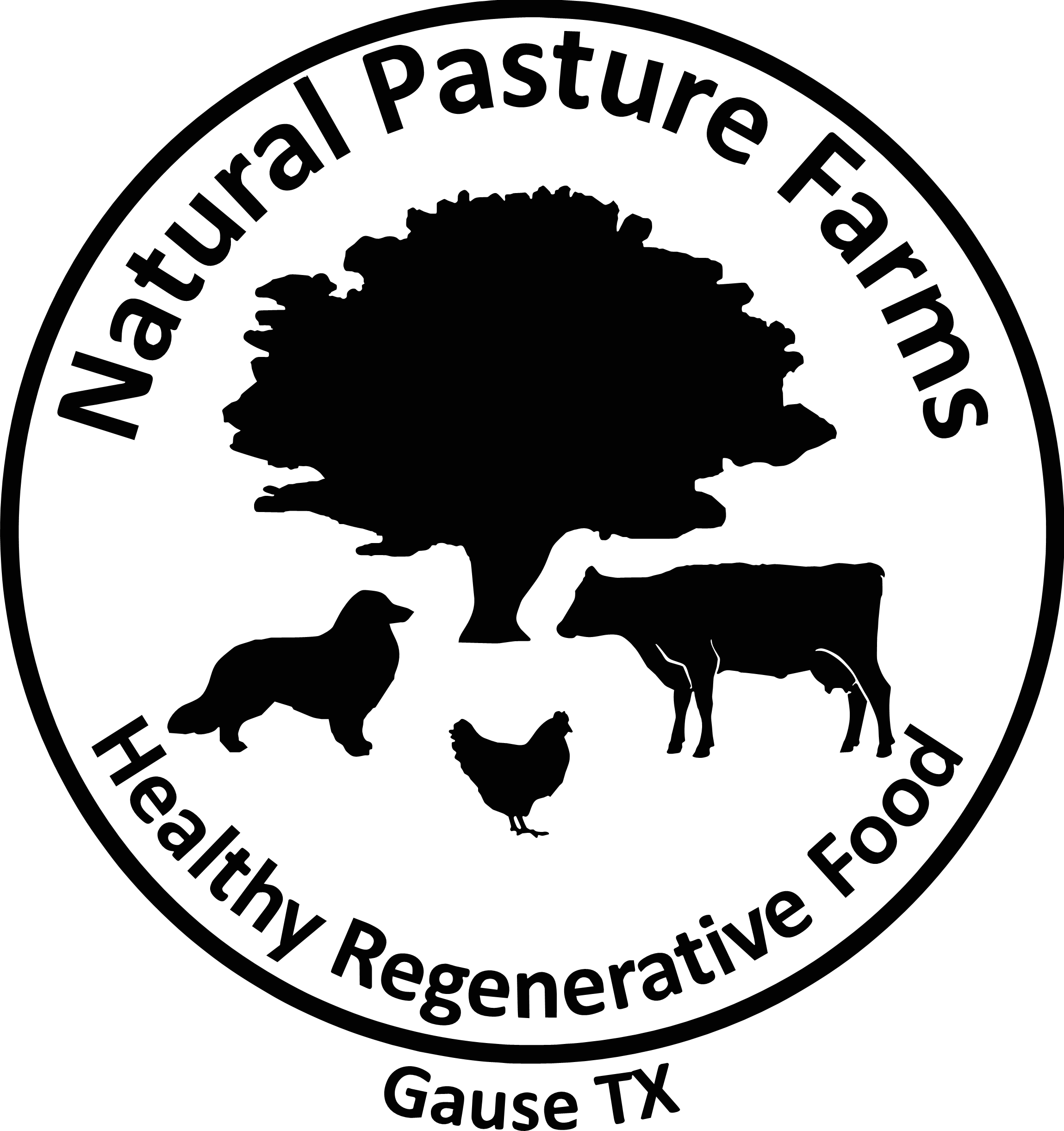Meet Your Farmer
I got an Undergrad in Rangeland Ecology and Management, a Masters’ in Ecosystem Science and a Ph.D in Plant Breeding. So I decided to become a farmer.
Hi or Howdy! I am Richard Bruton your local regenerative farmer. I bet you are wondering why I got my PhD just to become a farmer… Well, its a long story, but here are the cliff notes.
Love of the Outdoors
I always loved the outdoors; growing up I spend many weekends camping, fishing and in general just escaping the city with my father. When it was time to go to college, I met with a guidance councilor who persuaded me to take some courses in Rangeland Ecology & Management. During one of my first courses, a professor from the Fisheries Department presented the opportunity to help do riparian surveys over the summer; I jumped at the chance. We, which consisted of a team of a dozen or so undergrads and grad student leads, spent the entire summer measuring the various creeks, streams and waterways that cover the Houston area. I was hooked.
For the entirety of my undergraduate period I was involved in doing research. I mainly helped graduate students collect data for their various projects, but I had a very small project of my own which a very kind PhD student held my hand through. By the time I was finished with my undergrad, I already had a spot in Masters’ program doing some of the same work I had helped with earlier.
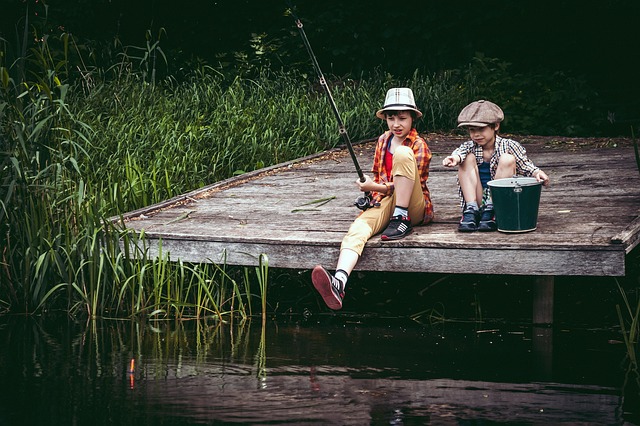
Studying Nature
My Masters’ was in the same department as my undergrad, but they changed the name of the department, so technically I have a degree in Ecosystem Science & Management. I focused on a the Navasota Ladies Tresses, an endangered orchid which grows in Texas. The key decision during this time was that I decided to focus on Remote Sensing. The goal was to use the technology to try and pinpoint where we, and the State and Federal agencies, should look for the orchid. While we were successful at developing a mapping protocol, the real benefit I got from learning Remote Sensing was the opportunity to join a PhD program using my newly formed skills.
I was offered a PhD position where I focused on applying Remote Sensing to Plant Breeding. Specifically, our group was tasked with the development of a set of tools which would allow the 3D modeling of the entire plant including the belowground portion. We used LIDAR and Ground-Penetrating RADAR (GPR) to create detailed models of crops grown under field conditions. The GPR portion of the project was very much in its’ infancy, but overall the project was a huge step forward.
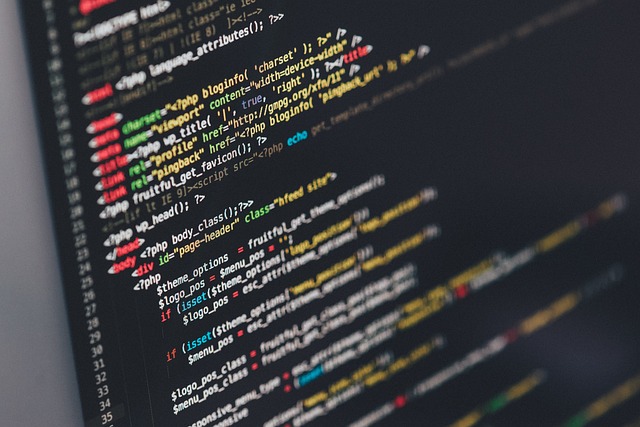
The Real World
While working on my PhD, many of my friends from my undergrad and Masters’ years had entered into the real world working for environmental consulting firms and other agencies. The romantic ideals of making a difference or saving the planet melted away, and were replaced with the reality that the work was basically to sign-off on remediation jobs which had little impact on healing the planet. This reality was not what we had signed up for.
These experiences led me to question what my path would be after I graduated. I already knew I did not want to work for a seed development company, which is what most with my PhD degree do. I always figured I would finish my PhD and then go into some environmental work, but this dream had been tarnished. Luckily, sometime early in my PhD studies I had come across the regenerative farming movement. This model of healing the land through eliminating chemical inputs, moving animals and encouraging diversity seemed to be the golden ticket to improving mother earth and the human condition.
Food and Health
During my PhD I also developed some health issues which led me down the road of functional medicine. Basically the idea is to be proactive in your health and look at the whole body as interdependent unit. For instance, the issue with your ankle could be coming from your poor sitting posture stressing your lower back, but your lack of Vitamin D is probably playing a role as well. O, and the inflammation from all the processed sugar you consume isn’t helping the situation either. Its during this time that I really realized what we eat, the toxins in our environment and the stresses we have in our lives, both physical and mental play a huge roll in the human experience.
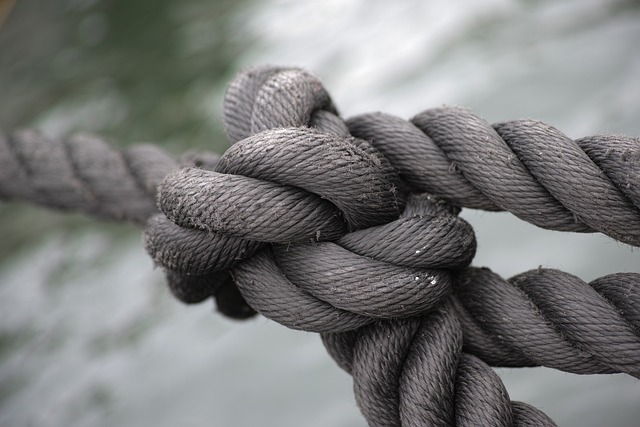
Opportunity
I am blessed that my family has land. Our property is outside of College Station, so I had easy access to it on evenings and weekends while I was in school. This allowed me to start implementing many of the regenerative techniques on our place while I was still studying. We got cattle and started to rotationally graze them. We purchased laying hens and started running them around the pastures to improve soil fertility.
We quickly realized we did indeed need a guard dog for the chickens, so we got a Great Pyrenees puppy. We skipped the kibble and fed our dogs a raw diet. We planted a big garden and quickly realized it needs daily tending to really thrive, but also figured out that many plants will still produce if you just leave the garden to the weeds. We also raised a batch of meat chickens on pasture and determined that store bought chicken didn’t even compare. Did you know that chicken breasts are not dry…?
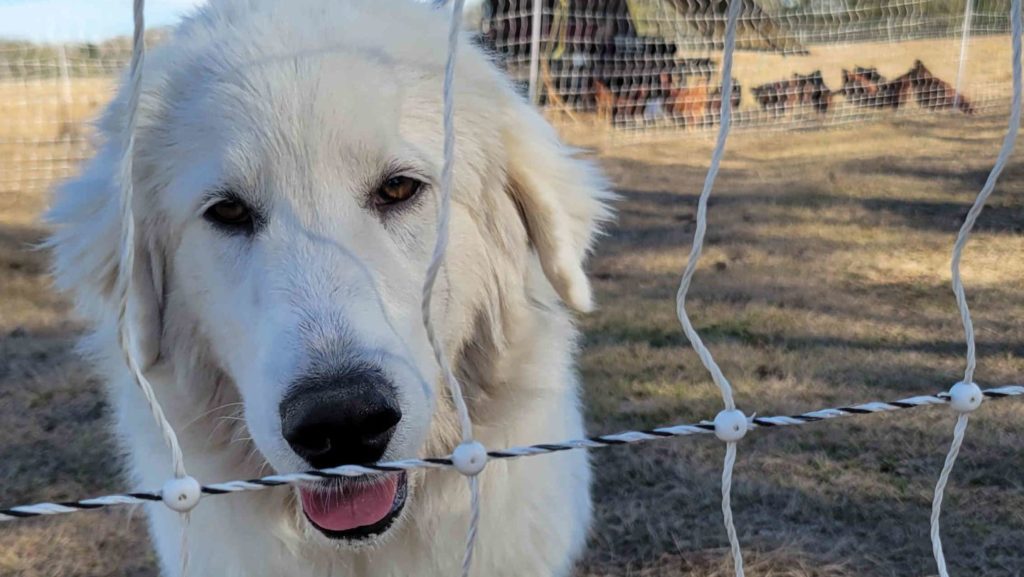
By the last year of my PhD I knew that I could successfully grow food and raise animals using regenerative techniques. But I did not know if I could make it economically viable. I was aware of the successful models out there; Joel Salatin, Greg Judy, Curtis Stone, they all had made it work. I spend a significant portion of time putting together a business plan with detailed hypotheticals using numbers gathered from other farmers. And with this I went from completing my PhD in Plant Breeding to Full-Time Farmer in January of 2020.
So here we are, 2 years after completing my PhD and we are attempting to make a go at healing the land and ourselves by growing food using regenerative agriculture.
